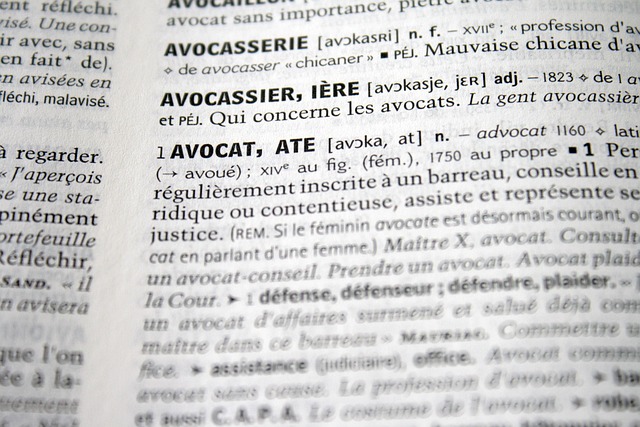The RF Securities Industry Regulation Framework aims to maintain fairness and transparency in financial markets while protecting investors. This involves a broad spectrum of regulations for sectors like banking, brokerage, and investment management, including IPOs and high-frequency trading. Understanding these regulations is crucial for professionals. Defendants in criminal cases, especially white-collar offenses, have vital legal protections, such as the presumption of innocence, right to legal counsel, and the ability to confront witnesses. Balancing regulatory enforcement and safeguarding defendants' rights is a key challenge, requiring a nuanced approach to ensure fair trials and due process.
“Explore the intricate world of RF Securities Industry Regulation, where balance between robust oversight and safeguarding defendants’ rights is paramount. This article delves into the regulatory framework governing the securities industry, with a specific focus on criminal cases. We analyze the legal protections afforded to defendants, examining key considerations that shape this delicate equilibrium. Understanding these dynamics is essential for navigating the complexities of securities litigation, ensuring both effective regulation and respect for individual rights in criminal securities proceedings.”
- Understanding RF Securities Industry Regulation Framework
- Defendants' Legal Protections in Criminal Securities Cases
- Balancing Regulation and Defendant Rights: Key Considerations
Understanding RF Securities Industry Regulation Framework

The RF Securities Industry Regulation Framework is a complex legal system designed to maintain fairness and transparency in financial markets. At its core, this framework aims to protect investors by ensuring that market participants adhere to strict ethical standards. It encompasses a range of regulations that cover everything from initial public offerings (IPOs) to high-frequency trading, with specific rules tailored to different sectors like banking, brokerage, and investment management. Understanding these regulations is crucial for both regulators and industry professionals alike.
Within this context, the rights of defendants in criminal cases, particularly those involved in white-collar offenses, are a significant consideration. A robust general criminal defense strategy can help individuals navigate complex legal proceedings, avoiding indictment where possible. By employing experienced legal counsel, suspects can protect their rights, ensuring that any allegations are thoroughly investigated and that due process is followed throughout the judicial process.
Defendants' Legal Protections in Criminal Securities Cases

In criminal securities cases, defendants enjoy certain legal protections designed to safeguard their rights and ensure a fair trial. One significant protection is the presumption of innocence, which means that a defendant is considered innocent until proven guilty beyond a reasonable doubt. This principle is fundamental to the American judicial system and protects individuals from wrongful convictions. Additionally, defendants have the right to legal counsel, allowing them to build a robust defense strategy with the assistance of experienced attorneys.
Another crucial aspect of defendants’ rights in criminal cases is the ability to confront witnesses, challenge evidence, and present their own testimony during a jury trial. The right to a jury trial ensures that securities fraud or white-collar crime accusations are decided by impartial jurors who represent a cross-section of the community. This process enables defendants to defend themselves against economic crimes allegations and navigate the complexities of general criminal defense strategies.
Balancing Regulation and Defendant Rights: Key Considerations

In the RF Securities industry, balancing regulation and defendants’ rights presents a delicate tightrope walk. As regulatory bodies strive to enforce stricter guidelines to prevent financial misconduct, it becomes increasingly important to safeguard the rights of individuals accused of crimes. Defendants’ rights in criminal cases, such as the right to a fair trial and due process, are paramount. Effective regulation should aim to deter illicit activities without unduly burdening or punishing innocent parties.
One key consideration is ensuring that regulatory measures do not lead to a rush to judgment. A robust white-collar defense mechanism is essential to prevent the risk of a complete dismissal of all charges based on flimsy evidence or procedural errors. The complexity of financial crimes necessitates a nuanced approach in regulation, allowing for thorough investigations while preserving the fundamental principles of general criminal defense.
The regulation of the RF securities industry is a delicate balance between ensuring market integrity and protecting defendants’ rights in criminal cases. As seen through the framework and legal protections discussed, a comprehensive approach is necessary. By understanding the intricate dynamics of this industry and its regulatory environment, we can foster a system that upholds fairness while maintaining robust oversight. This equilibrium is vital for both safeguarding investors and preserving the rights of those accused, ensuring a just and transparent securities landscape.






